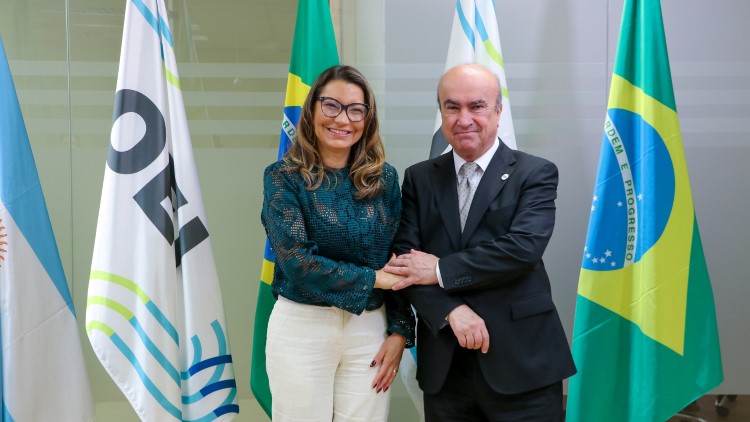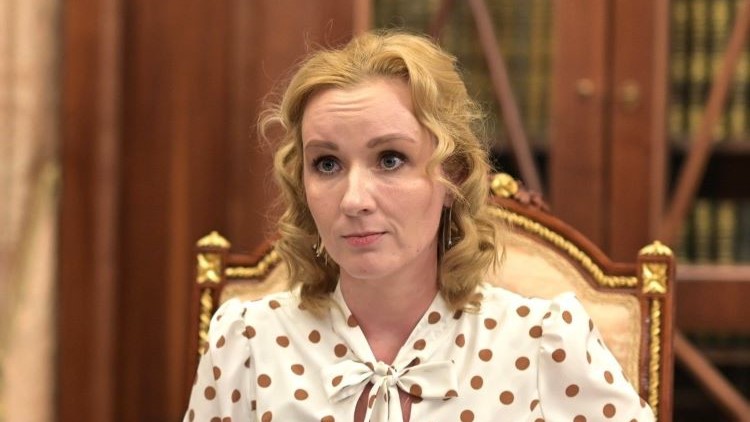The Diplomat
The Organization of Ibero-American States for Education, Science and Culture (OEI) presented this week the Ibero-American Network for Inclusion and Equality, which will be coordinated by Rosângela (better known as Janja) Lula Da Silva, First Lady of Brazil.
The secretary general of the OEI, Mariano Jabonero, presented the network to Janja Lula da Silva last Wednesday at the organization’s headquarters in Madrid, as part of a trip to Spain by her husband, Brazilian President Luiz Inácio Lula da Silva. The presentation ceremony was attended by Raphael Callou, director of the OEI in Brazil; Tamara Díaz, director general of Education, and Irune Aguirrezabal, director of the Ibero-American Program for Human Rights, Democracy and Equality.
The objective of this network, according to the OEI, is to “join regional efforts to combat inequalities and promote social inclusion in Ibero-America”. To this end, the network will mobilize international organizations, public and third-sector institutions, as well as other cooperation networks, to launch initiatives aimed at reducing the socioeconomic inequalities that still exist in the region. The network will also seek to serve as a platform for dialogue between Ibero-American countries to promote the exchange of best practices and joint solutions to problems such as social exclusion, with a special focus on promoting education, culture, gender equity and racial equality.
During the ceremony, Mariano Jabonero stressed the importance of Brazil for the OEI and highlighted the country’s return to CELAC, an organization with which the OEI works very closely. He also pointed out that this network will have great potential, since “it will involve education in the context of the digital society, two key areas to fight against social exclusion and which are on the region’s agenda.” “I am very honored to be part of this team,” declared Janja Lula da Silva. “The OEI is an important agency for the Brazilian Government as an ally to articulate efforts in issues such as gender equality or digitalization, but also in others such as combating misinformation,” something “fundamental to promote democracy and social inclusion,” she added.






